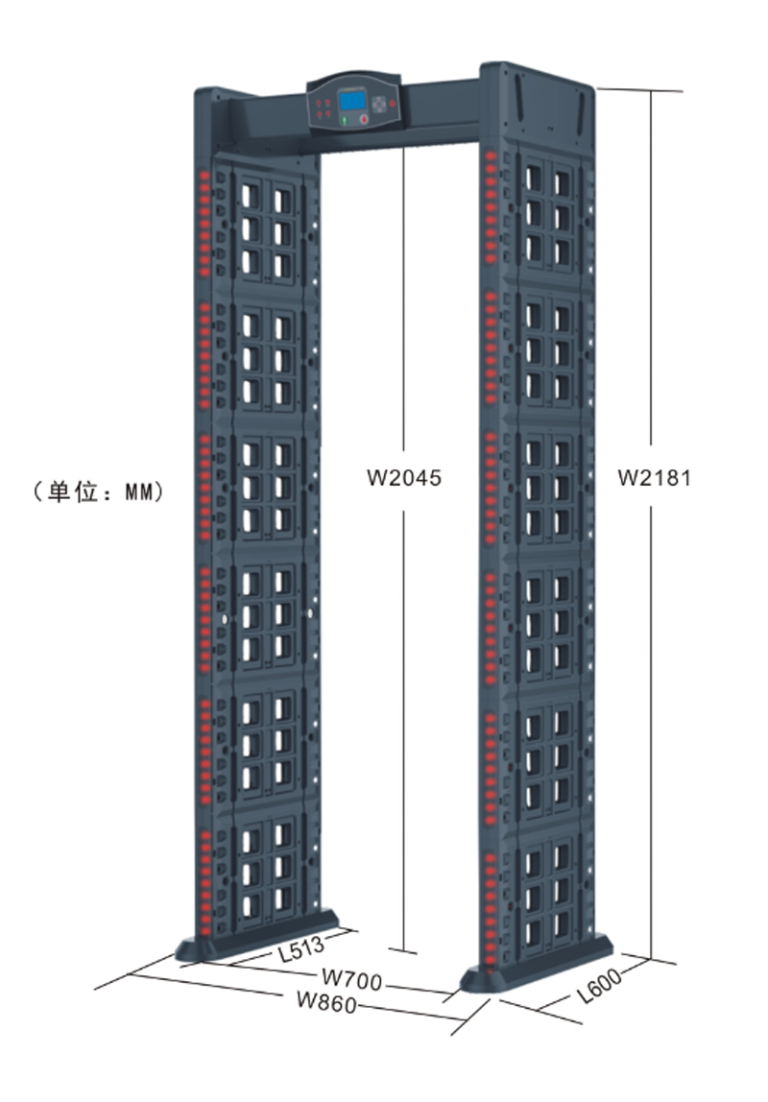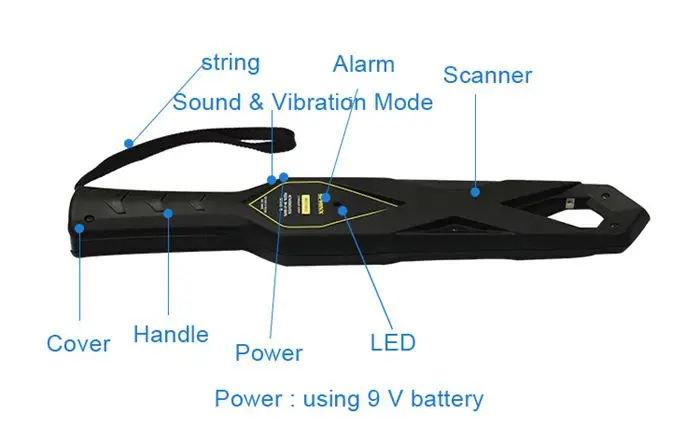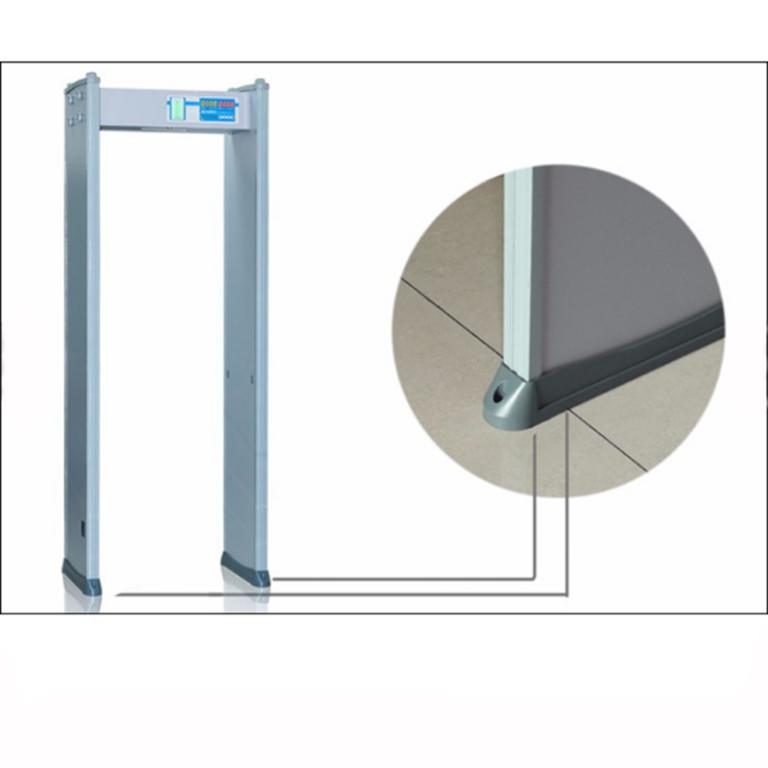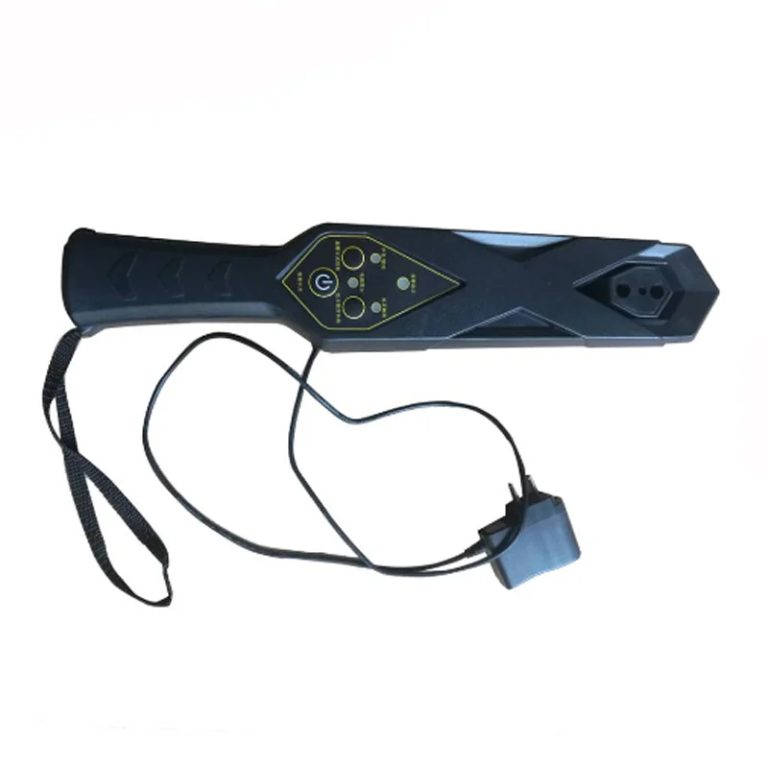المخاطر المحتملة لاستخدام أجهزة الكشف عن المعادن المحمولة أثناء الحمل
الاحتياط الآخر هو الحفاظ على مسافة آمنة من جهاز الكشف عن المعادن المحمول أثناء استخدامه. يمكن للنساء الحوامل التراجع بضعة أقدام عن جهاز الكشف لتقليل تعرضهن للمجالات الكهرومغناطيسية أو موجات الترددات الراديوية.
في الختام، في حين تعتبر أجهزة الكشف عن المعادن المحمولة بشكل عام آمنة لعامة السكان، إلا أن هناك قلقًا متزايدًا بشأن احتمالية مخاطر استخدامها أثناء الحمل. يجب على النساء الحوامل اتخاذ الاحتياطات اللازمة لتقليل تعرضهن للمجالات الكهرومغناطيسية وموجات التردد الراديوي المنبعثة من أجهزة الكشف عن المعادن المحمولة لحماية أنفسهن وأطفالهن الذين لم يولدوا بعد. هناك حاجة إلى مزيد من الأبحاث لفهم تأثيرات هذه الأجهزة على الحمل بشكل كامل، ولكن في هذه الأثناء، من الأفضل توخي الحذر واتخاذ الخطوات اللازمة لتقليل أي مخاطر محتملة.
Pregnancy is a delicate time for both the mother and the developing fetus, and exposure to certain types of radiation or electromagnetic fields can potentially harm the unborn baby. Hand-Held Metal Detectors emit electromagnetic fields to detect metal objects, and there is a concern that prolonged exposure to these fields may have adverse effects on the developing fetus.
Studies on the effects of electromagnetic fields on pregnancy are limited, but some research suggests that exposure to high levels of electromagnetic fields during pregnancy may increase the risk of miscarriage, birth defects, and other adverse outcomes. While the levels of electromagnetic fields emitted by hand-Held Metal Detectors are generally considered to be low, there is still a concern about the potential cumulative effects of repeated exposure over time.
Additionally, some hand-Held Metal Detectors use radiofrequency waves to detect metal objects, and there is a concern that exposure to these waves may also have potential risks during pregnancy. Radiofrequency waves are a form of non-ionizing radiation, which means they do not have enough energy to ionize atoms or molecules and cause damage to DNA. However, some studies suggest that exposure to high levels of radiofrequency waves may have biological effects, such as heating of tissues and changes in cell function.
It is important to note that the risks associated with using hand-Held Metal Detectors during pregnancy are still not well understood, and more research is needed to determine the potential effects on pregnant women and their unborn babies. In the meantime, it is recommended that pregnant women take precautions when using hand-Held Metal Detectors to minimize any potential risks.
One precaution that pregnant women can take is to limit their exposure to hand-Held Metal Detectors whenever possible. If it is necessary to pass through a metal detector, pregnant women can request a manual pat-down search as an alternative to avoid prolonged exposure to electromagnetic fields or radiofrequency waves.
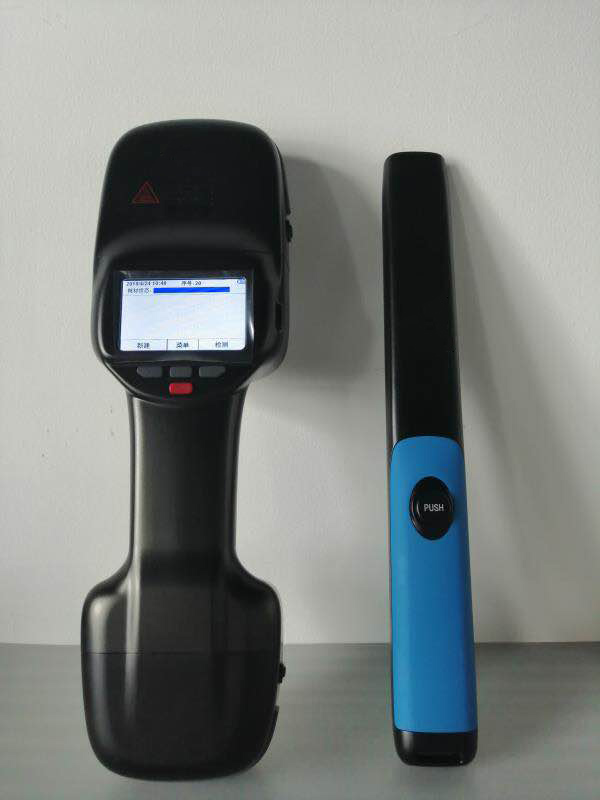
Another precaution is to maintain a safe distance from the hand-held metal detector while it is in use. Pregnant women can step back a few feet from the detector to reduce their exposure to electromagnetic fields or radiofrequency waves.
In conclusion, while hand-Held Metal Detectors are generally considered safe for the general population, there is a growing concern about the potential risks of using them during pregnancy. Pregnant women should take precautions to minimize their exposure to electromagnetic fields and radiofrequency waves emitted by hand-Held Metal Detectors to protect themselves and their unborn babies. More research is needed to fully understand the effects of these devices on pregnancy, but in the meantime, it is better to err on the side of caution and take steps to reduce any potential risks.

